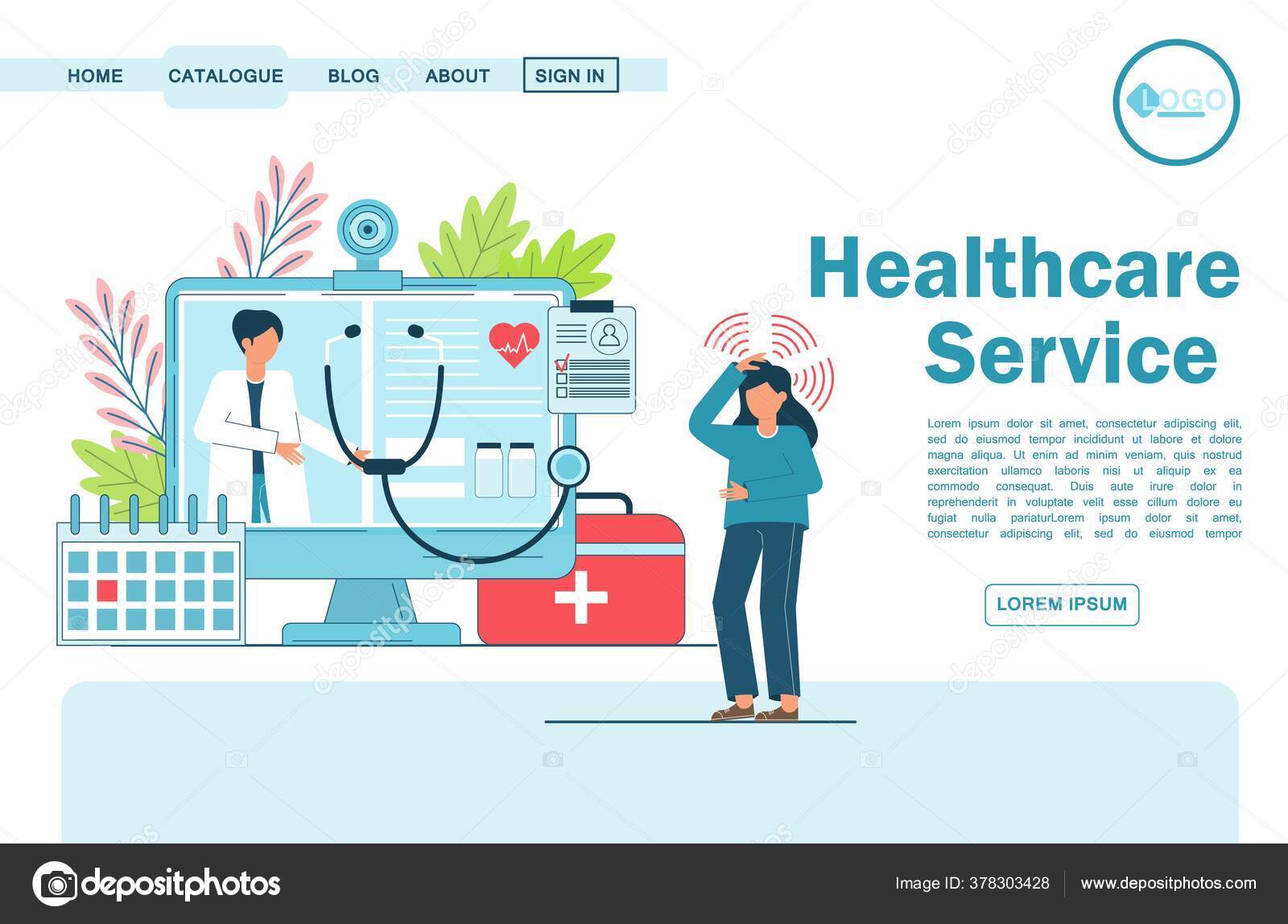A Comprehensive Guide to Subscription Based Healthcare: What You Need to Know
Wiki Article
Navigating the Future of Medication With Subscription-Based Health Care Services
As the health care industry advances, subscription-based solutions emerge as a critical version promising to improve client care delivery. With the prospective to offer structured, economical remedies through foreseeable prices and individualized attention, these services stand at the forefront of contemporary medical technology. Yet, as we consider their rise, one must contemplate the ramifications of integrating such systems right into existing medical care frameworks. What difficulties do they posture in terms of data protection and equitable gain access to, and how might they redefine the patient-provider connection? The response to these inquiries can essentially alter our technique to medical care.Rise of Membership Healthcare
As health care systems worldwide face boosting stress from climbing costs and need for solutions, the development of subscription-based healthcare models has arised as a transformative trend. This ingenious strategy is disrupting standard healthcare shipment by providing a foreseeable, flat-rate repayment structure for clinical solutions. Rooted in the principles of concierge medication, subscription-based healthcare permits providers to concentrate on tailored individual care while concurrently managing operational efficiencies.The surge of this model can be connected to numerous aspects. Technical improvements have actually allowed more seamless integration of care via telehealth and electronic health records, facilitating the scalability of membership services. Moreover, the enhancing customer demand for openness and predictability in health care expenses has driven the shift towards this design. Subscription-based services usually provide straight access to health care experts, which can reduce the management worries related to insurance claims and reimbursements (subscription based healthcare).
This version is obtaining grip amongst varied doctor, from health care physicians to specialized facilities, by aligning monetary motivations with preventative and constant care. By shifting the focus from quantity to value-based care, subscription medical care has the possible to reshape the landscape, fostering a much more sustainable and patient-centered strategy to wellness management.
Benefits for Clients

In addition, subscription-based services often stress preventive treatment, urging regular check-ups and wellness testings. This positive approach can bring about early detection of health problems, potentially enhancing end results and decreasing long-lasting medical care costs for people. In addition, such models generally offer clear prices, allowing patients to better comprehend their medical care costs and stay clear of unforeseen medical expenses.
The personalized nature of subscription-based healthcare also enhances individual experience. Individuals can get tailored healthcare strategies that fit their details demands, fostering a much more patient-centric method.
Modern technology's Function in Change

Expert system (AI) plays a vital duty in anticipating analytics, aiding in early medical diagnosis and tailored treatment strategies. AI algorithms examine huge datasets to determine patterns that could be forgotten by human monitoring, thus enhancing scientific decision-making. Moreover, digital health documents (EHRs) improve client details monitoring, guaranteeing continuity and coherence of treatment across numerous solutions and companies.
Blockchain innovation enhances information protection and privacy, vital for preserving individual rely on electronic platforms. It makes it possible for secure and clear deals of medical information, making certain that delicate information stays protected. With the their website combination of artificial intelligence and AI, blockchain can automate intricate healthcare procedures, reducing management burdens.
Difficulties and Factors To Consider
While innovation moves the capacities of subscription-based health care services, it additionally introduces a collection of obstacles and considerations that need to be addressed to make certain successful application. One substantial obstacle is the equitable availability of these services. As membership versions frequently depend on electronic systems, there is a danger of aggravating the digital divide, leaving behind individuals without net accessibility or digital literacy. Making sure these solutions do not overmuch benefit only tech-savvy and affluent populations is critical.Information personal privacy and security represent another essential consideration. Subscription-based services usually involve the collection and storage of huge amounts of personal wellness info. Providers need to comply with rigorous information protection policies to maintain patient trust and protect against unapproved gain access to, which might lead to significant moral and lawful effects.
As health care needs evolve, keeping an economical equilibrium between membership costs and service top quality is vital to prevent patient frustration and attrition. Dealing with these obstacles is vital as subscription-based read this post here medical care solutions continue to expand and progress.
Future Implications for Medicine
Subscription-based healthcare solutions are positioned to dramatically affect the future landscape of medicine by reshaping how care is accessed and delivered. These versions offer the potential to equalize healthcare access, offering individuals with even more individualized and prompt interventions. By leveraging technology, such as telemedicine and data analytics, subscription solutions can promote continual surveillance and tailored wellness monitoring, hence enhancing results and decreasing the concern on conventional healthcare systems.
As these services gain grip, they might promote a shift in the direction of preventative treatment, stressing the value of early discovery and monitoring of chronic conditions. This proactive strategy may ultimately reduce health care costs by reducing the need for pricey therapies occurring from late-stage illness management. Additionally, membership models use a scalable service to address variations in healthcare accessibility, especially in underserved or country populations.
However, the transition in the direction of subscription-based versions demands attending to ethical and regulatory factors to consider, consisting of data personal privacy and equitable access. As the sector advances, collaborative efforts in between policymakers, innovation developers, and healthcare carriers will certainly be important to developing durable frameworks that protect client rate of interests while promoting development. Ultimately, these solutions guarantee to contribute substantially to a more efficient, patient-centered healthcare ecosystem.

Final Thought
Subscription-based healthcare solutions represent a considerable evolution in the clinical field, using predictable expenses and personalized treatment that enhance ease of access and prioritize safety nets. Technological developments, such as telemedicine and AI-driven analytics, promote tailored patient experiences, boosting overall health and wellness outcomes. Nevertheless, challenges such as data privacy and fair access must be dealt with to ensure the widespread advantages of these services. As the medical care landscape evolves, membership designs are poised to play a vital function in shaping the future of medicine.As the health care market progresses, subscription-based solutions arise as an essential design assuring to reshape individual care distribution.As healthcare systems around the globe face increasing pressures from climbing prices and demand for solutions, the arrival of subscription-based health care designs has actually emerged as a transformative trend (subscription based healthcare).With the surge of subscription-based health care models improving standard healthcare delivery, patients are beginning to experience substantial benefits from this cutting-edge technique. As healthcare requires click this site advance, maintaining a cost-efficient balance in between membership fees and service quality is crucial to avoid person discontentment and attrition.Subscription-based healthcare services are positioned to considerably influence the future landscape of medicine by improving exactly how treatment is accessed and supplied
Report this wiki page